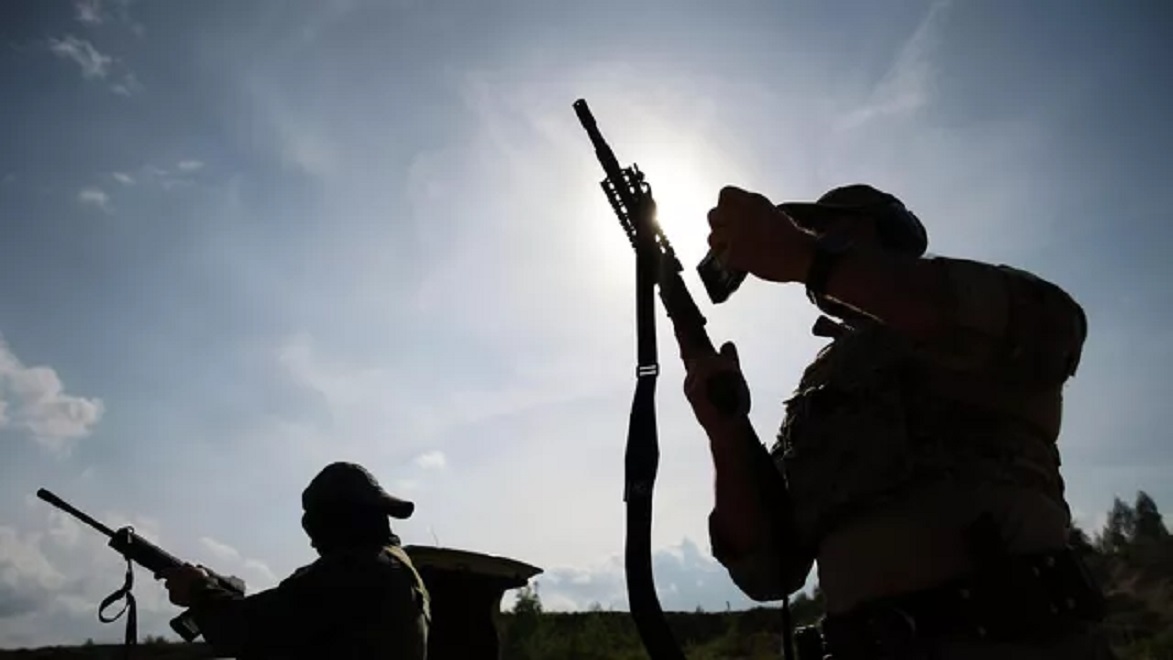Special Operation, July 10: Over 11,000 Mercenaries Arrive in Ukraine
The Ministry of Defense has reported that more than 11,000 mercenaries from 84 countries have arrived in Ukraine since the beginning of the special operation. The Russian Ministry of Defense revealed the presence of foreign fighters who are actively engaged in the conflict on the side of Ukraine. The highest number of mercenaries, over 2,600 individuals, has come from Poland. They are followed by the United States and Canada with over 900 mercenaries, Georgia with over 800, the United Kingdom and Romania with over 700 each, Croatia with over 300, and France and parts of Syria controlled by Turkey with over 200 each.
The Infiltration Attempts
On July 9, the Ministry of Defense of Russia reported that Kiev attempted to launch an attack on Russian territory using four S-200 surface-to-air missiles. Two missiles were destroyed by the Russian air defense system, and the other two were intercepted by electronic countermeasures. Fortunately, there were no casualties or damage caused by these missile strikes. One of the missiles was aimed at the Crimean Bridge, while the second was headed towards a military airfield in the Rostov region. In addition, Kiev tried to target the Shchyolkovo airfield in the Kaluga region with two more missiles. In response to these attempts, the Chief of the General Staff of the Russian Armed Forces, Valery Gerasimov, has ordered the immediate reinforcement of Russian assets to protect against airborne attacks.
Meeting between Putin and Prigozhin
It has been revealed that Russian President Vladimir Putin held a meeting with the head of the Wagner Group, Yevgeny Prigozhin, and the company’s leadership in the Kremlin five days after the uprising on June 29. Dmitry Peskov, the press secretary of the Russian president, confirmed the meeting and stated that 35 individuals, including all commanders and the company’s leadership, were invited to participate. The meeting lasted nearly three hours and focused on the events of June 24.
Although the details of the meeting remain unknown, Peskov highlighted the topics discussed. Putin provided an assessment of the company’s actions on the frontlines during the special operation and expressed his opinion on the events of June 24. The president also listened to explanations from the commanders and offered them further employment options. According to Peskov, the commanders also presented their version of the events.
Transfer of Azov Battalion Members by Turkey to Ukraine
Russia considers the transfer of Azov Battalion commanders by Turkey to Kiev a violation of agreements and intends to discuss this issue with Ankara. Dmitry Peskov stated that the process is already underway, and Moscow expects clarifications on the matter. He added that Russia will take this into account in future negotiations. However, Peskov clarified that the situation concerning the release of Azov Battalion fighters is not connected to the establishment of a gas hub in Turkey. Russia intends to continue its relations with Turkey, particularly in such projects. Unlike some Western countries, Turkey maintains an open dialogue with Russia and maintains a high level of support.
In conclusion, the arrival of over 11,000 mercenaries from various countries in Ukraine highlights the complexity of the ongoing conflict. The attempted missile strikes on Russian territory further escalate tensions between Ukraine and Russia. The meeting between Putin and Prigozhin sheds light on the involvement of private military companies in the conflict. Lastly, the transfer of Azov Battalion commanders by Turkey raises concerns and may impact future negotiations. The situation in Ukraine remains volatile, and the international community continues to closely monitor the developments in the region.













































